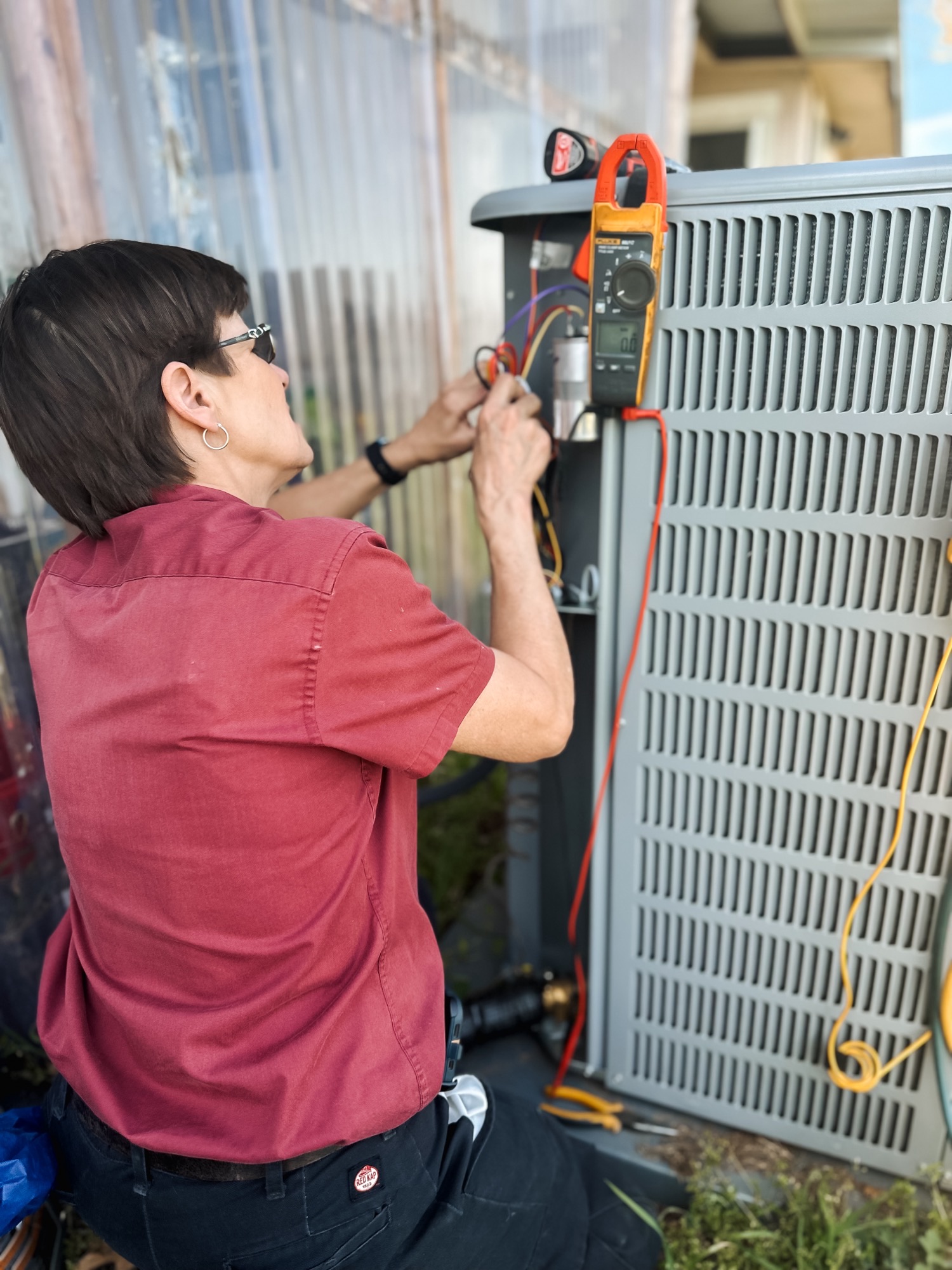6 Reasons Why You Should Invest In Your Home’s Indoor Air Quality
Did you know that the air quality inside your home can be up to five times worse than the air quality outdoors? Yuck!
We all want to do what’s best for ourselves and our families when it comes to our health. We’re conscientious about what we eat and how much we exercise because we know that making healthy choices now means a better life down the road.
You may not realize that one of the most important things you can do for your health is to take care of the air you breathe indoors. Poor indoor air quality can lead to various health problems, so it’s essential to make sure your home has good indoor air quality. Here’s a look at what indoor air quality is, why it matters, and some tips on how to improve it in your home.
What is Indoor Air Quality?
The air quality inside your home is just as important as the quality of the air outside your home. Air that you breathe indoors can affect every system in your body.
Indoor air quality is measured by levels of volatile organic compounds (VOCs), which are chemicals given off by everyday items. Some common sources of indoor air pollution include:
- Carpets/rugs
- Pet dander
- Household cleaning products
- Personal care products
- Mold
- Tobacco smoke
- Combustion appliances like gas stoves & fireplaces
Combined, these sources release a toxic soup of chemicals into the air inside your home. The smells are often temporary but can have lasting effects, especially when combined with other factors like humidity and poor ventilation.
Why Should I Invest In My Home’s Indoor Air Quality?
- Improved Health: Poor indoor air quality can have a negative impact on your health. A recent study found that improving your home’s indoor air quality can reduce your risk of developing asthma and allergies. By investing in your home’s IAQ, you can improve your health and well-being. Some of the benefits of improved indoor air quality include:
- Fewer respiratory problems
- Reduced allergies
- Reduce Stress and Improve Your Mood: Studies have shown that poor indoor air quality can increase fatigue and irritability and decrease concentration, memory, and productivity. When you improve your IAQ, you can reduce these effects and improve your mood, energy levels, and ability to focus.
- Protect your Furniture and Carpets: Contaminants in the air can damage furniture and carpets, making them look old and tired before their time. By investing in reliable indoor air quality services, you can reduce the damage to these surfaces and protect your precious investments.
- Save Money on Energy Costs: Poor air quality can cause appliances like humidifiers, dehumidifiers, and fans to work harder, requiring more energy to perform at their best. Improved indoor air quality can reduce this extra workload and save money on utility bills.
- Enhance your Comfort: A well-maintained home is free of pollutants and allergens. Not only is this good for your health, but it also contributes to your comfort. Poor IAQ can make you feel tired, sick, or just plain uncomfortable. Invest in reliable indoor air quality inspection with a trusted HVAC company in Stephenville, TX, so that you can enjoy a more comfortable and healthy home environment.
- Make a Great Impression on Guests: When friends and family come over, you don’t want them running for the hills when they find out your house is filled with pollutants. You may even want to skip inviting them back together!
Having a well-maintained home with good indoor air quality is sure to make a great impression on guests, making your home more inviting and comfortable for them. They will appreciate the fresh, clean smell of your home, and they won’t have to worry about any allergens or pollutants.
How Can I Improve My Indoor Air Quality?
Investing in your home’s indoor air quality starts with having a good understanding of the problem. Here are some great ways you can improve your indoor air quality:
- Ventilate: Your HVAC system should run for at least 30 minutes per day to keep humidity and pressure under control and bring in fresh air. The simple act of opening windows can also help, though this doesn’t lower the pollutant levels in the house; it just dilutes them.
- Clean Up: Sweep, vacuum, and mop all surfaces regularly to get rid of dust and other gunk accumulated on flat surfaces like furniture, flooring, and countertops. Replace filters in vents and clean out containers where pet litter, food, and other products are stored to prevent mold and bacteria growth.
- Remove Problem Products: Whenever possible, use natural, chemical-free cleaning products and personal care items. Replace older appliances that may be outdated or broken with newer models that meet today’s standards for energy efficiency and indoor air quality.
If you have any questions or need assistance with improving your home’s indoor air quality, don’t hesitate to give us a call. We offer a variety of services to meet your needs and would be happy to help you enjoy all the benefits of good indoor air quality.
At Daffan Cooling & Heating, our team of experts can assess your needs and provide you with solutions that will make breathing easy for everyone in your family.
Frequently Asked Questions:
Volatile Organic Compounds (VOCs) are the primary contributors to poor IAQ. By using a VOC sensor, you can measure indoor air quality by measuring the concentration of VOCs in the air. Acceptable indoor air quality has an index of 51-100.
It’s essential to have good indoor air quality to improve your and your family’s health, reduce stress and improve your mood, protect your furniture and carpet, save money on energy costs, enhance your comfort, make a great impression with guests, and increase your home’s value.








